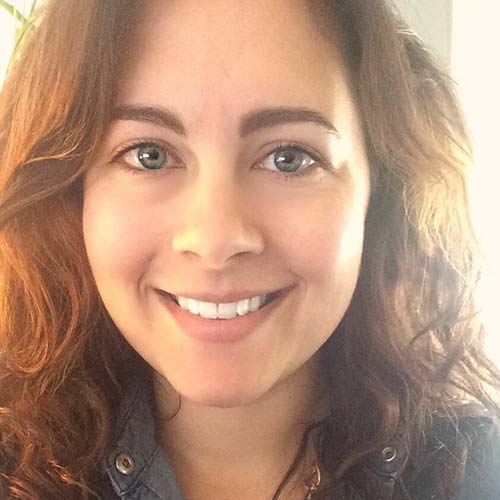10:30 - 11:45 a.m., Friday, April 7, 2017
PSU 313
Finding justice for child offenders
In what ways are juveniles who commit crimes different from adult offenders? According to the Juvenile Law Center, the US Supreme Court has struck down state laws that sentence juveniles to death or life imprisonment without the possibility of parole as cruel and unusual. Yet some states have no lower age limit for trying juveniles as adults. Given what we know about human brain development, it is hard to argue that a teenager has the same cognitive and emotional capabilities as an adult; on the other hand, some teenagers commit gruesome crimes for which punishment is appropriate. What are the underlying issues related to these decisions? How can we appropriately balance accountability with the possibility for redemption for juveniles who commit serious crimes?
Presenters

Manuel Gonzalez Oropeza
Professor and Researcher
National University of Mexico

Parvonay Stover
Legislative Director
Indiana Department of Child Services

Jean Trounstine
Author
Craig Young
Ecologist